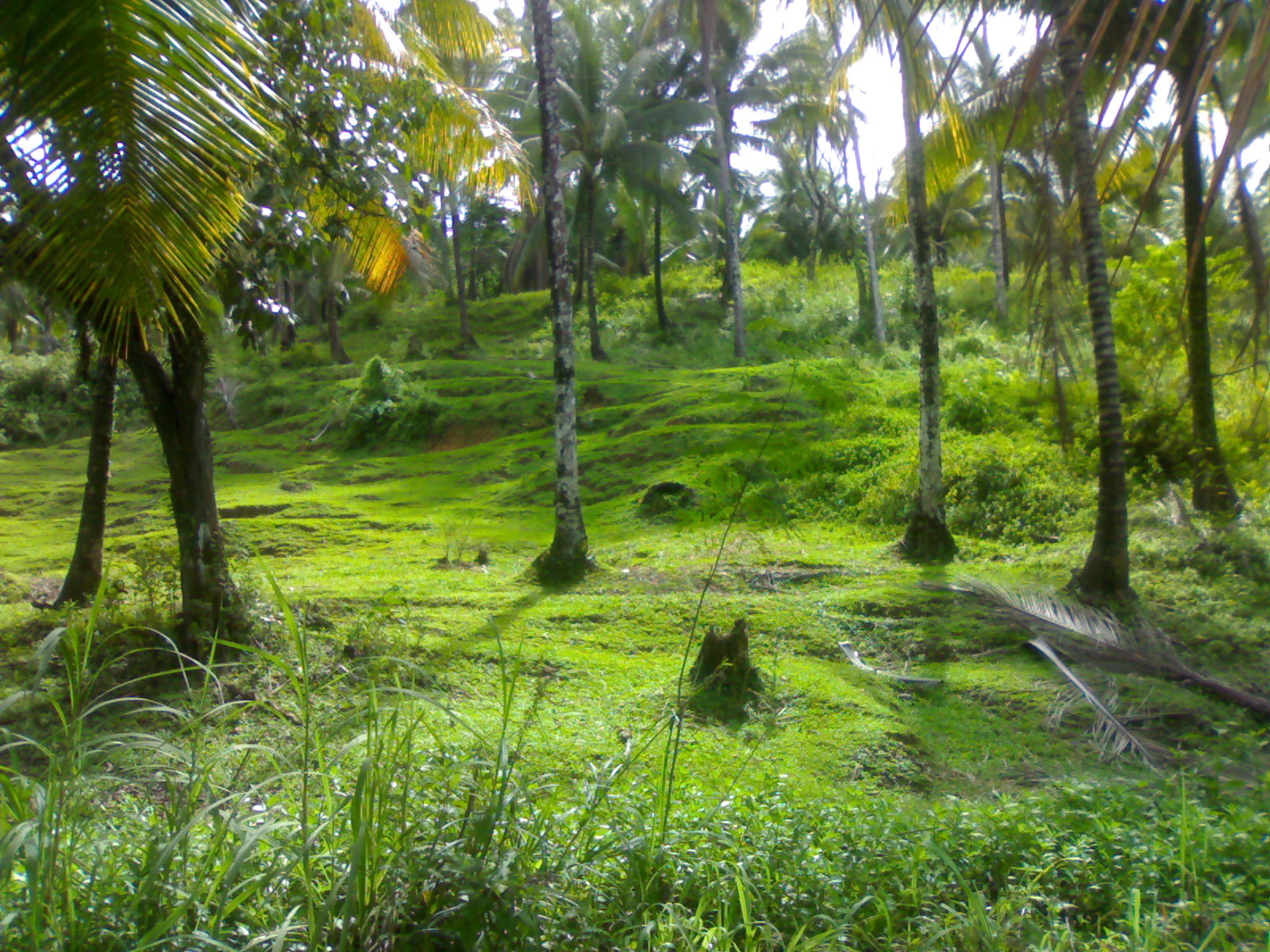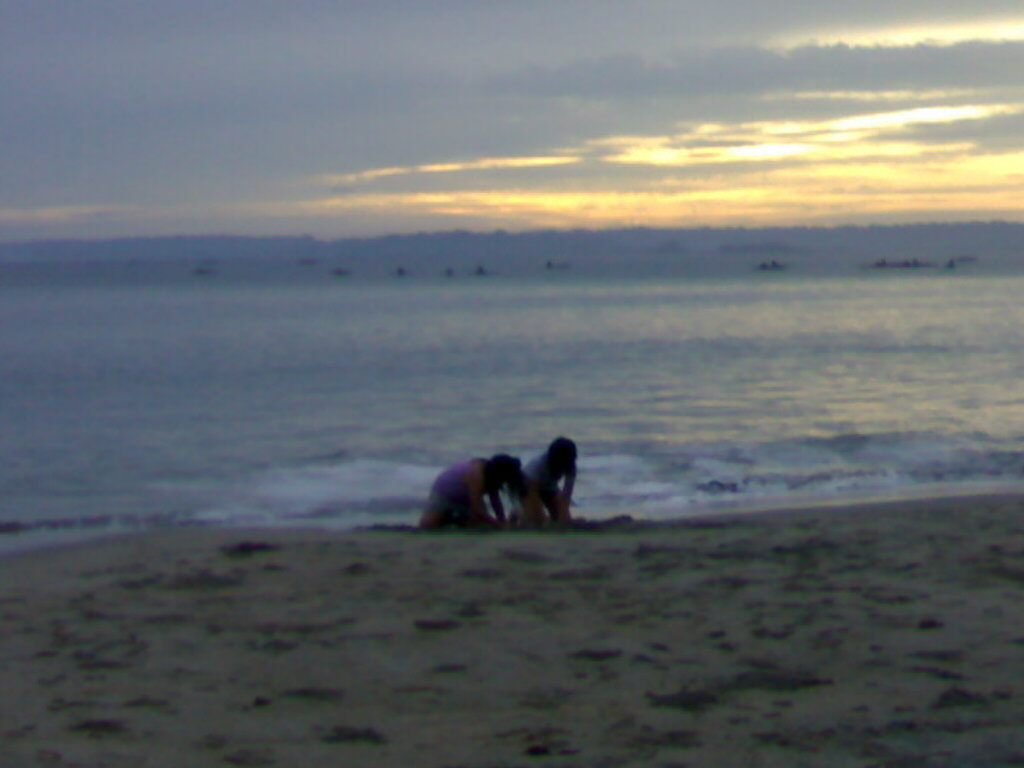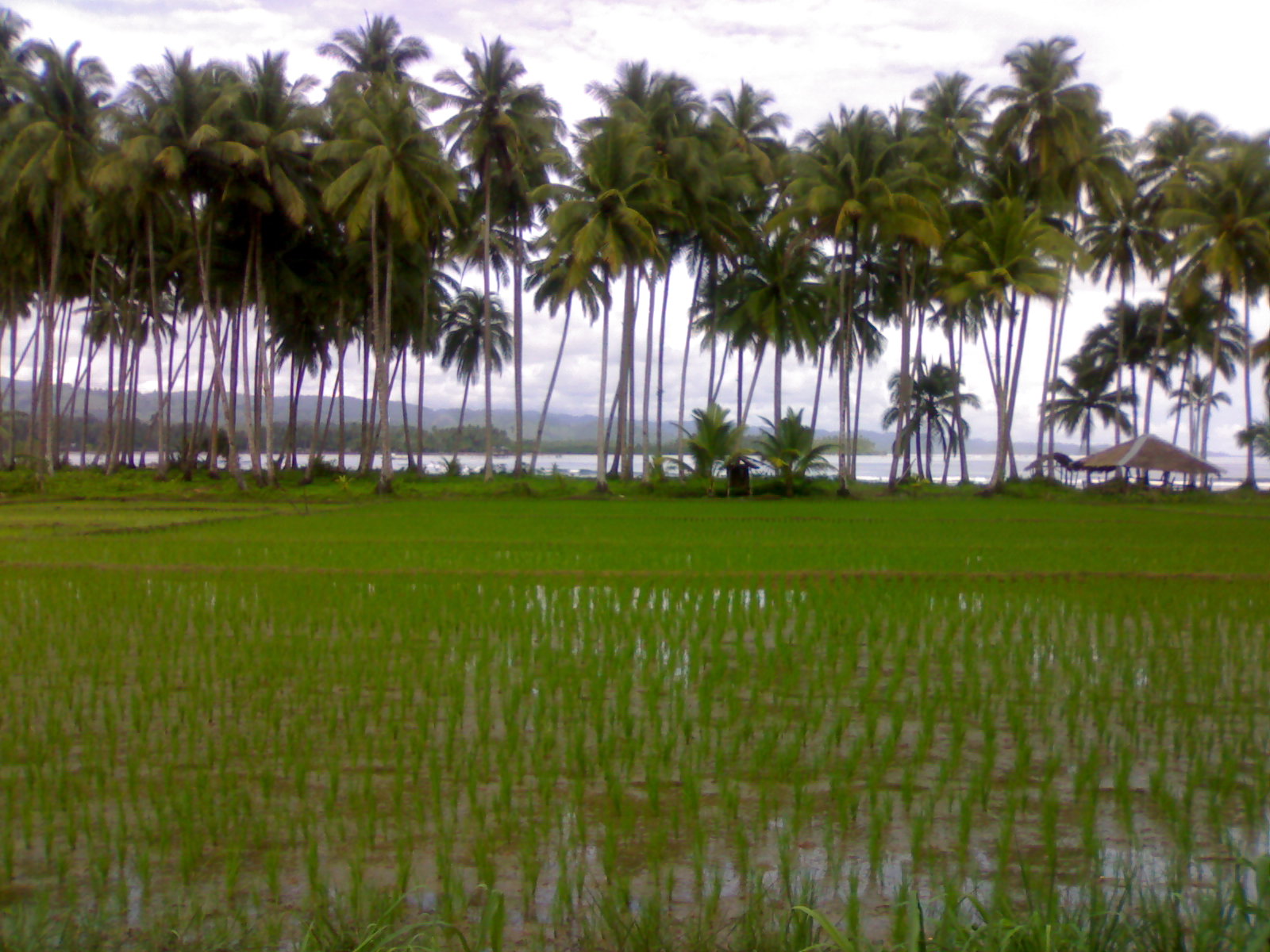 Angie from Davao City writes, "I'm originally born & live in Davao City.My husband live in San Miguel Surigao Del Sur.In we going to his birthplace,we can pass by at your lungsod Lianga.Lianga should I say,is a very beautiful province,even though we just passing by...Thats what people always think that provinces here in Mindanao is very dangerous & very poor,some other point is true."
Angie from Davao City writes, "I'm originally born & live in Davao City.My husband live in San Miguel Surigao Del Sur.In we going to his birthplace,we can pass by at your lungsod Lianga.Lianga should I say,is a very beautiful province,even though we just passing by...Thats what people always think that provinces here in Mindanao is very dangerous & very poor,some other point is true.""But even in the City,there's danger & poor people.Thats the reality of life.We should inform people in some other places here in the Philippines that we are very nice place to go.Have beautiful nature,out of pollution in the City.I'm so proud of you to be proud to your hometown.Keep it up..."
Angie's comment on the post "Living With Insurgency" (which I reproduce here unedited and its entirety) speaks volumes about the certain degree of resentment a lot of residents in Mindanao feel about the general perception of people in Luzon and the Visayas that Mindanao is a very turbulent, dangerous and unsafe place to live in. As a native of Mindanao, I always feel disappointed and frustrated that many Filipinos from the other parts of the archipelago have such a myopic if not distorted view of what is the real situation in the southern Philippines.
 One can blame the news media (most of them based in Metro Manila), especially print and television, for painting such a grim picture of what life is supposed to be here. By reporting so extensively and so graphically on the admittedly serious peace and order problems of a few places in the island, there now exists a general misconception in the minds of many uninformed nonresidents of Mindanao that this is a territory largely populated by bloodthirsty savages and cutthroats and where war and conflict is always the natural order of the day.
One can blame the news media (most of them based in Metro Manila), especially print and television, for painting such a grim picture of what life is supposed to be here. By reporting so extensively and so graphically on the admittedly serious peace and order problems of a few places in the island, there now exists a general misconception in the minds of many uninformed nonresidents of Mindanao that this is a territory largely populated by bloodthirsty savages and cutthroats and where war and conflict is always the natural order of the day.What is ignored is the fact that the peace and order situation in most locations in the south is relatively good and the quality of life definitely better than in most areas of the central and northern Philippines.
One can also blame a defective education system for failing to inculcate in the young and the not so young a deeper understanding and appreciation of the rich historical legacy and cultural diversity of Mindanao and its vital importance in the social, economic and political life of the Filipino nation. It is sad and tragic that a country already geographically divided into so many islands can also be just as divided in thought and that so many of its own citizens are lacking in awareness and appreciation of the multiplicity of peoples and cultures that inhabit it.
It is true that insurgency is a problem in Mindanao. But insurgency is a problem present almost all over the country. It is a problem deeply rooted in poverty, ignorance, the lack of opportunities, social injustice and a weak, corrupt and ineffective government unable to respond to the urgent needs of the majority of its constituents particularly those in the far flung provinces and the rural countryside.
 But Mindanao is also a land of great promise, of great beauty as well as enormous potential and possibilities. Life and living there can be peaceful, sublime and extremely rewarding. Its existing problems are the consequence of a hodgepodge of peoples and different cultures simply trying to finding ways to survive and co-exist in tolerance and peace. With time, patience and perseverance, there is optimism that the such a goal, however difficult and problematic, can be achievable.
But Mindanao is also a land of great promise, of great beauty as well as enormous potential and possibilities. Life and living there can be peaceful, sublime and extremely rewarding. Its existing problems are the consequence of a hodgepodge of peoples and different cultures simply trying to finding ways to survive and co-exist in tolerance and peace. With time, patience and perseverance, there is optimism that the such a goal, however difficult and problematic, can be achievable.So when the average Joe in Lianga worries about something, he worries more about his job, the problems facing the local economy and his shrinking income rather than waste time fretting about the communist or Muslim insurgency. Those he can deal with and he has been dealing with them successfully for decades already.
He also knows that he is lucky to live in what many foreigners consider to be paradise. And since no paradise can be without at least a serpent then the insurgency situation can be considered as one serpent he has learned, over time, to live and co-exist with.
No comments:
Post a Comment